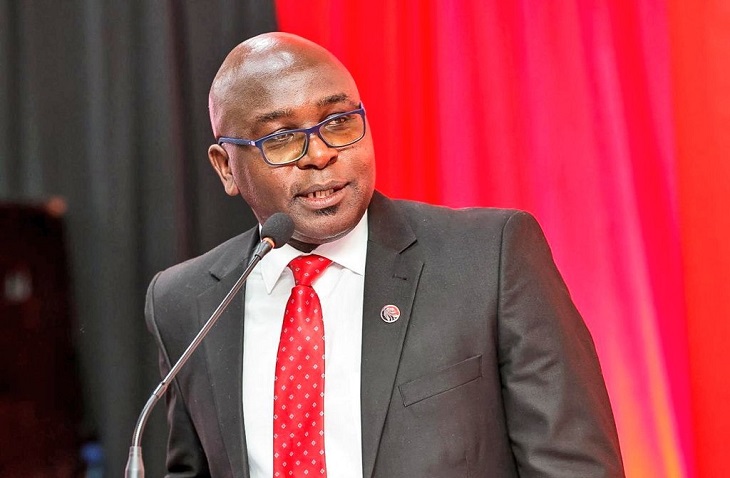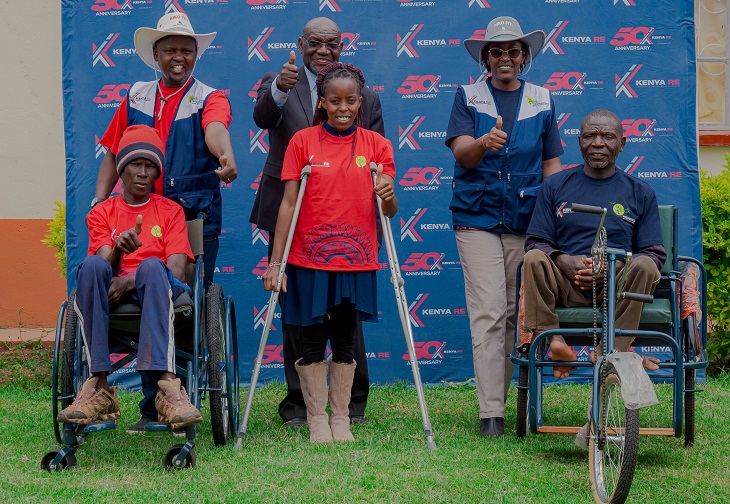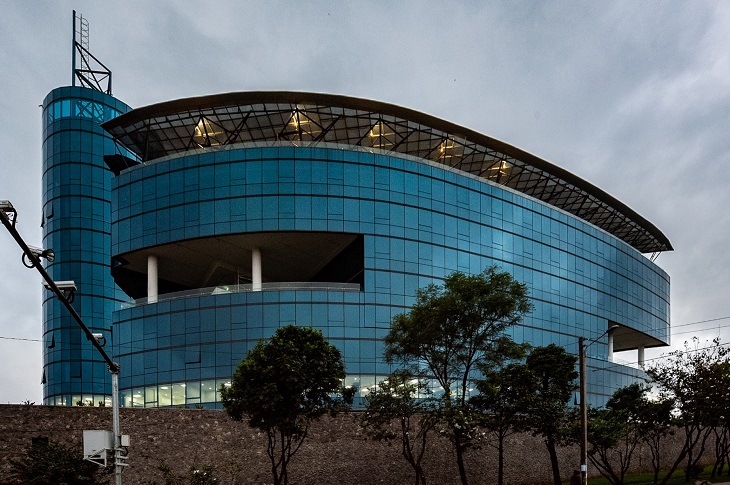We had the chance to talk to Laurent Sarr, the Chief Technology Officer at Global Voice Group (GVG), to discuss the intricacies of revenue mobilization in Africa. With years of experience in this field, Sarr provided profound insights into the challenges hindering improvements in tax revenues and proposed strategies to address the significant decline in government earnings.
Sarr began by shedding light on the multifaceted challenges impeding revenue mobilization in Africa. “High levels of informality, weak tax administration capacity and widespread tax evasion pose significant obstacles,” he explained. His words ring true across sub-Saharan Africa, where tax revenues struggle to climb beyond 15% of GDP, primarily due to structural issues and deficiencies within tax frameworks. In Northern Africa, where informal sectors contribute a staggering 30-40% to GDP, revenue losses loom large. Cross-border trade complexities and illicit financial flows further compound the challenge. Sarr emphasized the urgency for comprehensive tax reforms, technological leverage and enhanced compliance measures to tackle these hurdles effectively.
In response to the declining government revenues, Sarr outlined a comprehensive strategy. “Leveraging technology for efficient tax administration and collection can enhance revenue generation,” he asserted. Additionally, he advocates for promoting economic diversification and fostering a conducive environment for business growth to broaden tax bases. Tackling illicit financial flows through international cooperation emerged as a crucial aspect. Sarr also highlighted the need for innovative financing mechanisms and partnerships with the private sector to bridge financing gaps. Governance, transparency and accountability were underscored as fundamental pillars to ensure that generated revenues are efficiently utilized for development objectives.
Regulatory Technology (RegTech) emerged as a pivotal solution in navigating the complexities of domestic revenue mobilization, according to Sarr. “RegTech holds immense potential in addressing these challenges,” he remarked. By leveraging advanced data analytics and automation, RegTech can streamline tax administration processes, significantly improving efficiency while reducing the risk of errors. Sarr provided tangible examples of how RegTech solutions could optimize tax audit targeting and enhance transparency in financial transactions, ultimately fostering compliance and bolstering revenue mobilization efforts.
He talks about how implementing data-driven risk assessment models within RegTech could improve the targeting of tax audits, ensuring a more focused approach. Additionally, he highlights how digital platforms and compliance verification systems within RegTech can enhance transparency, making it more challenging for businesses to engage in tax evasion or illicit financial activities. These examples illustrate how RegTech can play a crucial role in streamlining tax administration and promoting compliance, ultimately boosting revenue mobilization efforts.
In our discussion with Laurent, he highlighted several emerging trends poised to shape Africa’s socio-economic landscape in the revenue mobilization and ICT advancement space.
Sarr emphasized a growing reliance on technology-driven tax administration. He noted an increasing emphasis on leveraging digital platforms and monitoring solutions to streamline tax processes and bolster revenue collection. This trend reflects a broader recognition of technology’s potential to streamline administrative procedures and improve overall revenue generation across African nations.
Moreover, he underscored the urgent need to address high levels of informality within African economies. He suggests that strategies aimed at formalizing informal businesses would gain traction, with anticipation of significant improvements in revenue mobilization as informal enterprises transition into the formal sector. This transition is expected to broaden the tax base, contributing to increased revenue generation for governments.
Additionally, he stressed the importance of tailored approaches for Small and Medium Enterprises (SMEs) and the gig economy. He highlighted the necessity of implementing specialized tax policies and compliance mechanisms to ensure fair contributions from these expanding sectors. By acknowledging the unique challenges faced by SMEs and gig workers in meeting their tax obligations, governments can foster a more inclusive approach to revenue mobilization.
Sarr also highlighted the increasing collaborations between public tax authorities and the private sector. He emphasized that such partnerships foster innovation in technology sharing, capacity building and financing solutions. By working together, governments and businesses can develop innovative approaches to revenue mobilization and address challenges more effectively, ultimately contributing to economic growth and development.
Lastly, Sarr expressed optimism for sustained efforts in international collaboration on tax matters. He emphasized the importance of addressing issues such as tax evasion, profit shifting and the harmonization of tax rules, particularly in the context of digital taxation services. This trend reflects a recognition of the interconnectedness of global financial systems and the importance of cooperation in tackling tax-related challenges effectively.
In summary, Laurent Sarr’s insights underscored the imperative of adopting a comprehensive approach to revenue mobilization in Africa. Regulatory Technology emerged as a key enabler in streamlining tax administration processes and promoting compliance. By addressing challenges head-on and embracing emerging trends, African nations can unlock their full revenue-generating potential, fostering sustainable development and economic prosperity across the continent.
Related Content: Internet Advertising To Overtake TV Revenue In Kenya













